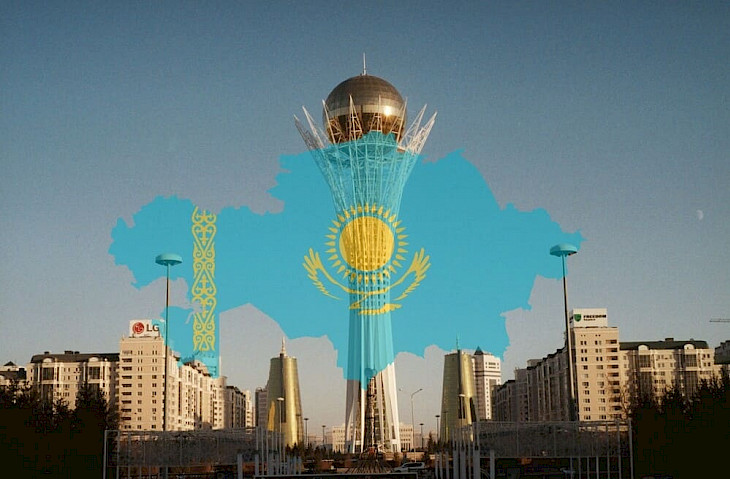Kazakhstan continues to demonstrate a well-calibrated and proactive foreign policy grounded in pragmatism and broad international cooperation as global uncertainty intensifies, according to political analyst Rustem Mustafin, Kazinform reports.
The expert notes that 2025 has revealed a rapid erosion of the existing world order and escalating rivalry among major powers. Against this backdrop, Astana is steadily advancing its multi-vector strategy, maintaining both resilience and flexibility in its external relations.
Mustafin emphasizes that Kazakhstan’s diplomacy is not a simple symmetrical balance, but rather the management of a complex network of asymmetrical partnerships, each playing a specific role in reinforcing the country’s sovereignty.
As an example, he points to President Kassym-Jomart Tokayev’s recent visits to states engaged in fierce global competition. In China, agreements worth over $15 billion were signed, reaffirming the strategic importance of the China–Europe transit corridor. In the United States, deals totaling $17.2 billion were concluded across sectors ranging from aviation and agricultural machinery to digital technologies. In Russia, a Declaration on Comprehensive Strategic Partnership and Allied Cooperation was approved.
Mustafin also highlights relations with the European Union, where trade turnover reached $48.8 billion, creating a significant surplus for Kazakhstan.
According to his assessment, Kazakhstan’s foreign policy under President Tokayev has become increasingly technocratic, independent and focused on strengthening sovereignty, economic pragmatism and diversified multilateral engagement.
CentralasianLIGHT.org
November 20, 2025

